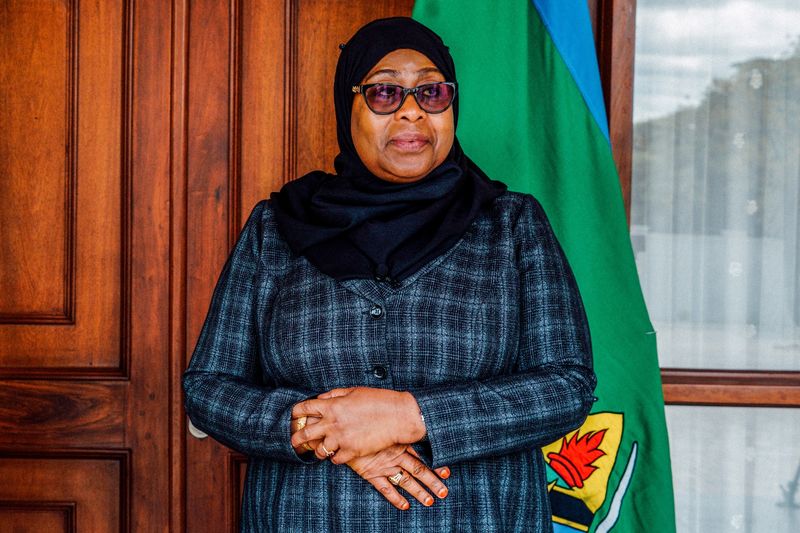
By Fumbuka Ng’Wanakilala and David Malingha, first published in Bloomberg
Tanzania expects investments in its liquefied natural gas project to rise by $10 billion as the world rushes for new sources of the fuel to reduce reliance on Russian energy.
The second phase of negotiations with a group of companies led by Equinor ASA and Shell Plc for building the long-delayed LNG terminal are expected to conclude by June, President Samia Suluhu Hassan said in an interview in her office on Monday. Hassan revived the talks for the project initially estimated at $30 billion last year after they stalled under former President John Magufuli.
“The world needs it,” Hassan, 62, said at the Chamwino State House in the nation’s capital of Dodoma, referring to Tanzania’s plan to raise production targets of the fuel. Hassan, who was vice president under Magufuli, took over as president on March 19, 2021 after he died in office.
Tanzania’s President Samia Suluhu Hassan Interview
Hassan needs to accelerate the liquefied natural gas project — the country has an estimated 57 trillion cubic feet of gas reserves — for her nation to benefit from Europe’s rush to diversify its energy sources. Tanzania, home to tourist attractions including Mount Kilimanjaro and the Serengeti nature reserve, is also seeking to lure investors in new industries by amending laws, working on getting a credit rating and easing rules for doing business as it seeks to accelerate economic growth to 7% in the long term.
Russia’s attack on Ukraine has given the project fresh impetus as Europe seeks to find new energy sources to starve Russia of funds to fuel the war. In neighboring Mozambique, which has huge deposits of hydrocarbons, the government is receiving interest from companies in its latest auction round for oil and gas exploration blocks.
Tanzania may allow a deal for the LNG project to produce 15 million tons a year, 50% higher than the government’s earlier preference, people with knowledge of the matter said, asking not be identified before a public announcement. That may reduce the project’s lifetime from the initial estimate of 30 years.
“We are not against the higher production because we know the market is there,” Hassan said.

